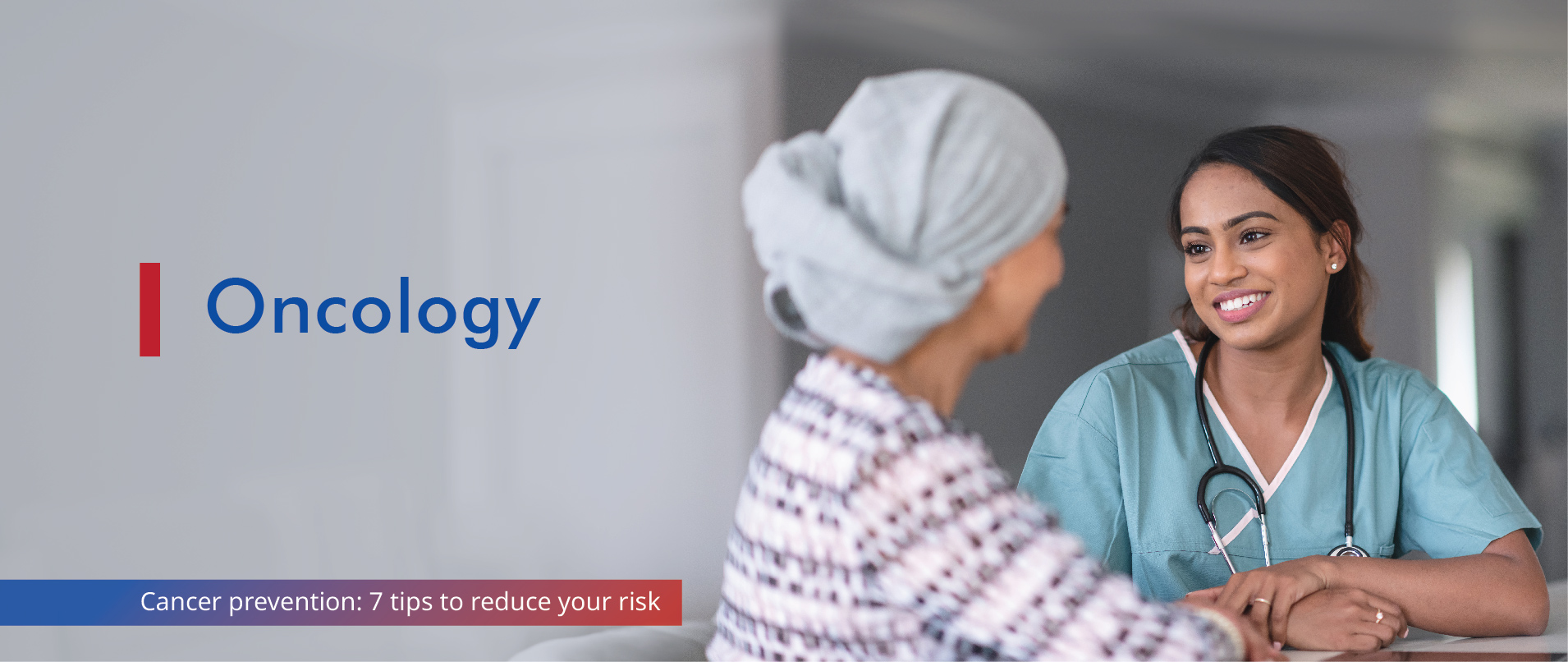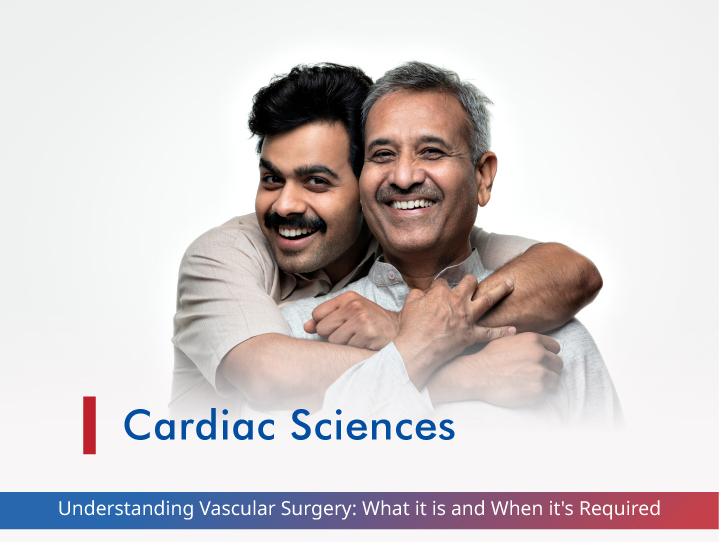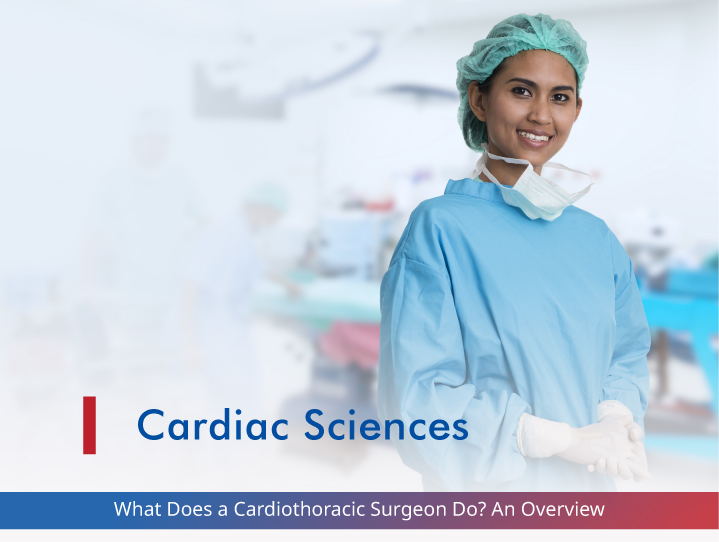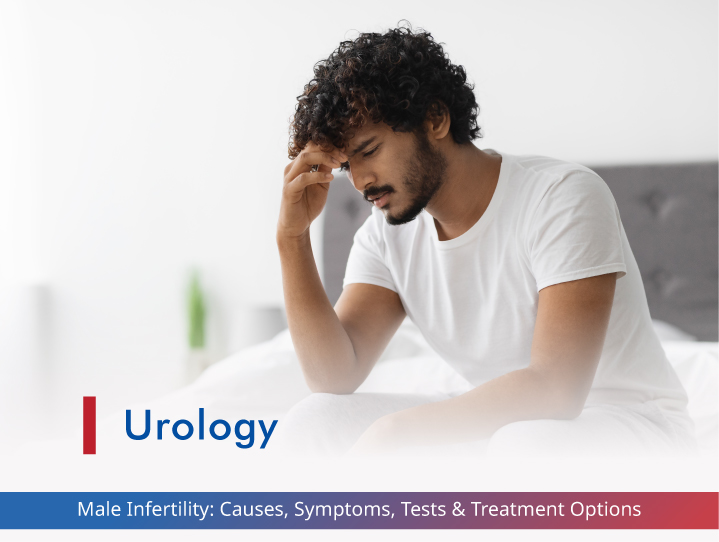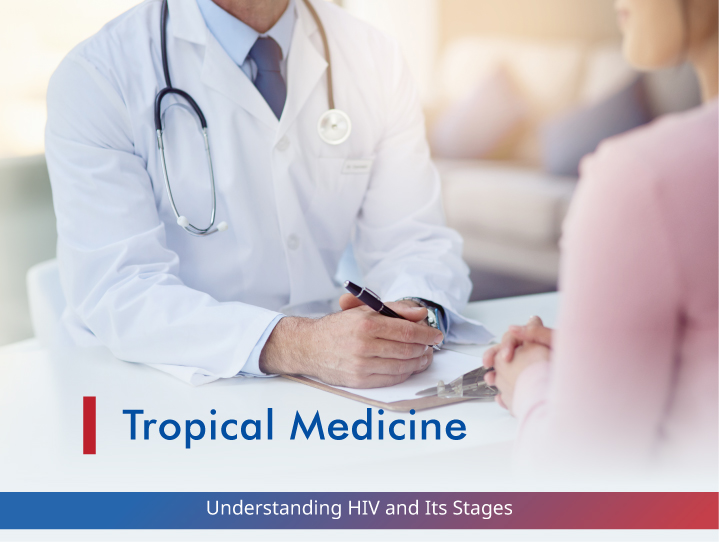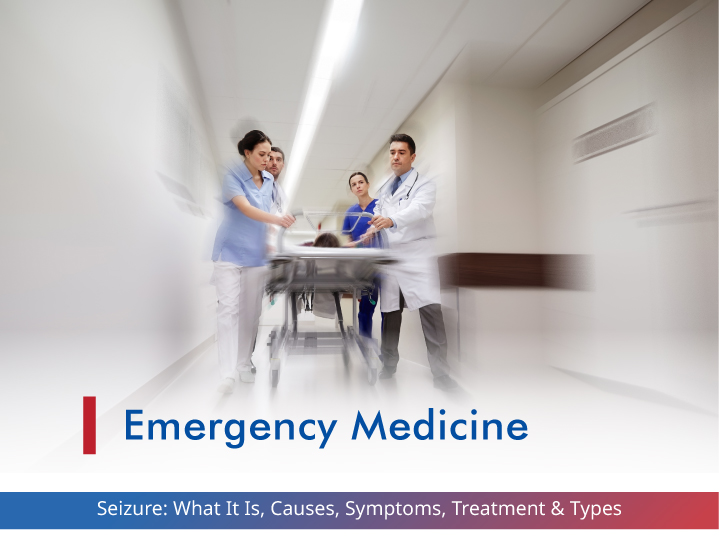The word cancer is enough to make most of the people scared. The incidence of this disease is rising every year. Cancer not only affects a person but the entire family. The lack of medical infrastructure in many places has made this disease more devastating.
But you can all reduce our susceptibility to this disease by making easy-to-follow lifestyle changes?
Here, we will discuss seven cancer prevention tips to help you lower your cancer risk:
A. Don’t Use Tobacco:
Tobacco consumption in any form is one of the leading causes of cancer, responsible for an estimated 22% of cancer deaths globally.
Smoking cigarettes, cigars, or pipes can significantly increase your risk of lung cancer, as well as cancers of the mouth, throat, larynx, pancreas, kidney, bladder, and more. Even secondhand smoke exposure can be harmful, putting those around you at risk.
Quitting smoking offers a multitude of benefits that can enhance your overall well-being and that of those around you. By kicking the habit, you can improve your health, adding years to your life expectancy and reducing the risk of premature death. Not only does quitting lower the chances of developing serious health conditions such as heart disease, lung disease, and cancer, but it also has positive effects on the health of pregnant women, fetuses, and babies. Moreover, this decision can alleviate the financial burden on both individuals and healthcare systems while benefiting society as a whole. What’s more, whether you’ve smoked for years or only lightly, quitting can still provide substantial health advantages. By quitting, you not only protect yourself but also your loved ones from the risks of secondhand smoke exposure, making it a win-win for everyone involved.
Seeking support from doctors, joining a smoking cessation program, or using nicotine replacement therapy can all increase your chances of successfully quitting.
If you’re a smoker, now is the time to take action. Your health and your life are too precious to jeopardise. Commit to kicking the habit, and you’ll take a significant step towards reducing your cancer risk.
B. Eat a Healthy Diet:
If you are consuming fruits, vegetables, whole grains, and lean proteins, you can substantially lower your chances of developing some cancers, such as colorectal, breast, and prostate cancer.
Fruits and vegetables abundant in essential elements like vitamins, antioxidants, and minerals can protect our cells from damage and halt the growth of cancerous cells. Aim for a variety of colourful produce, as different pigments indicate the presence of different beneficial compounds.
Whole grains, including but not limited to brown rice, oats, and quinoa have high fibre. These fibres can help reduce inflammation and promote healthy digestion. Lean proteins, like chicken, fish, and legumes, provide the building blocks your body needs without the excess saturated fat found in red and processed meats. Processed and red meats have been linked to increased cancer risk.
Limit your intake of processed and high-fat foods and sugary beverages. These types of foods can contribute to weight gain and other health issues that may raise your cancer risk. By making smart dietary choices, you can nourish your body and give it the tools it needs to fight off cancer.
C. Maintain a Healthy Weight and be Physically Active:
Maintaining an optimal body weight and regular physical activity are two powerful ways to reduce cancer risk. Excess body weight, particularly around the midsection, has been associated with an increased risk of some cancers, including breast, colon, endometrial, and kidney cancer.
When you carry extra weight, your body produces higher levels of certain hormones (insulin and estrogen). These hormones can stimulate the growth and development of cancer cells. Regular physical activity helps you optimise your body weight, improves insulin sensitivity, and reduces inflammation, which can lower your cancer risk.
Aim for at least one hundred and fifty minutes per week if you are doing moderate-intensity exercise. Seventy-five minutes of vigorous-intensity exercise per week is sufficient to keep your body in a healthy state. These can include activities such as brisk walking, swimming, cycling, or strength training. Even a simple change in your lifestyle can make a huge difference. For example, take the stairs instead of the elevator or walk daily for better outcomes.
Remember, it’s not just about the number on the scale- it’s about cultivating a healthy, active lifestyle that supports your overall well-being. By keeping a tab on your body weight and staying physically active, you’ll take proactive steps to tone down your risk of cancer and improve your quality of life.
D. Protect Yourself from the Sun:
Excessive skin exposure to ultraviolet (UV) radiation from the sun increases your risk factor for skin cancer. It is always important to protect your skin from the sun’s harmful rays to reduce your cancer risk.
Wear protective clothing (long-sleeved shirts, pants, and a hat) when spending time outdoors. Apply a broad-spectrum sunscreen (SPF of 30 or higher) to all exposed skin, and reapply it every two hours or more if you’re swimming or sweating.
Seek shade whenever possible, especially during the peak UV hours between 10 am and 4 pm. Avoid tanning beds and sunlamps, as these artificial sources of UV radiation can also increase your skin cancer risk.
Remember, protecting your skin from the harmful rays of the sun is a lifelong habit. These simple yet effective precautions can significantly reduce your risk of developing skin cancer.
E. Get Vaccinated:
Certain viral infections can increase your risk of developing certain types of cancer. There are vaccines available to help protect people from some of these cancer-causing viruses, says Dr. Mansi Khanderia, Consultant -Medical Oncology, at SPARSH Hospital.
The human papillomavirus (HPV) vaccine, for example, can help prevent infection with the strains of HPV responsible for causing most of the cervical, anal, and oropharyngeal cancers. The hepatitis B vaccine can lower your risk of liver cancer, as chronic hepatitis B infection is a major risk factor for this disease.
Vaccination is essential for people at high risk, those with weakened immune systems, or those with a family history of certain cancers. Talk to expert doctors about vaccines that are appropriate for you based on your age, gender, and medical history.
By vaccinating, you’re taking a proactive step to protect your health and lower your cancer risk. Remember, vaccines are one of the most effective ways we have in the fight against cancer.
F. Avoid Risky Behaviours:
Certain behaviours and exposures can increase your risk of developing cancer. Avoiding these risky activities can help you lower your chances of becoming a cancer statistic. For example:
a. Excessive alcohol intake can cause an increased risk of cancers (head and neck, oesophageal, liver, and breast cancer). If you choose to drink, do so in moderation, following the recommended regulations of no more than one drink per day for women and two drinks per day for men.
b. Exposure to certain chemical toxins and pollutants, such as asbestos, radon, and some pesticides, can also elevate your cancer risk. Take steps to minimise exposure to these hazards, such as having your home tested for radon and using appropriate protective equipment when handling potentially harmful substances.
c. Engaging in risky sexual behaviours, such as unprotected sex or multiple partners, can increase your risk of contracting HPV and developing certain cancers. Practice safe sexual intercourse and get regular screening tests to detect any precancerous changes early.
By making conscious choices to avoid these risky behaviours, you can take control of your health and reduce your overall cancer risk.
G. Get Regular Medical Care:
Regular check-ups and cancer screenings are essential for early detection and cancer prevention. Most cancers can be successfully and effectively treated if caught early, so staying up-to-date with recommended screening tests is critical.
Depending on your age, gender, and risk factors, your doctor may conduct various screening tests, such as colonoscopies for colorectal cancer, mammograms for breast cancer, or prostate-specific antigen (PSA) tests for prostate cancer. These screenings, considered as one of the most effective ways to prevent cancer can identify potential problems before they become more serious.
Reference:
https://www.cdc.gov/tobacco/about/benefits-of-quitting.html
https://www.ncbi.nlm.nih.gov/books/NBK577613/
https://pubmed.ncbi.nlm.nih.gov/24478050/
https://www.nih.gov/news-events/nih-research-matters/how-fructose-may-contribute-obesity-cancer
